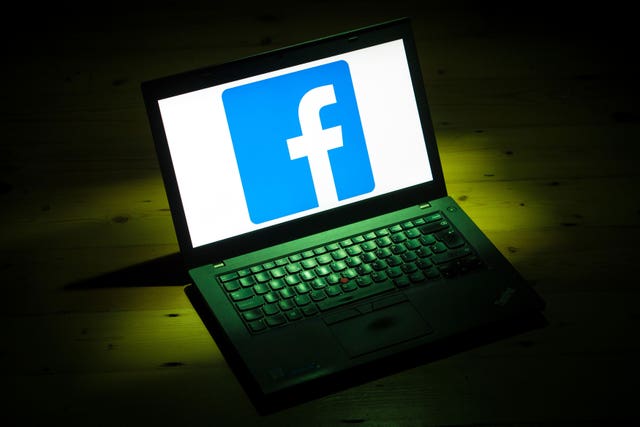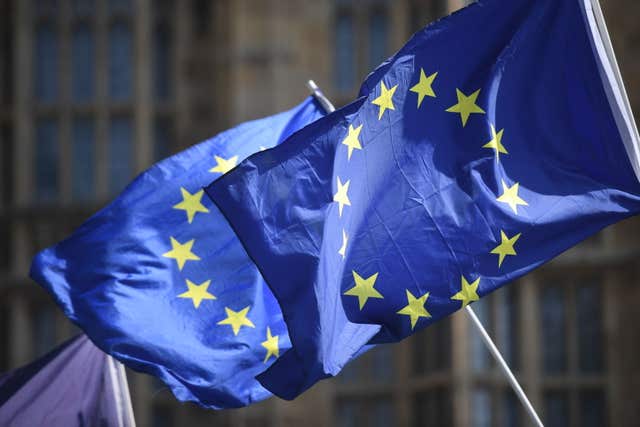People still likely to share and like ‘junk news’ on Facebook, study suggests
Overall levels of misleading articles being circulated on social media in the run-up to the 2019 elections are relatively low, it is claimed.

People are still likely to share and like news stories from unreliable sources on Facebook despite overall levels of “junk news” circulating across social media being relatively low, a study has claimed.
In the run-up to the 2019 European parliamentary elections, researchers at the Oxford Internet Institute identified less than 4% of tweets which came from sources publishing deliberately misleading, deceptive or incorrect information in an “ideologically extreme, hyper-partisan or conspiratorial fashion”, which they have termed as “junk news”.
However, on Facebook, junk news can outperform professionally-produced stories by as much as four times, attracting more shares, likes and comments, the report suggests.
Successful examples revolved around anti-immigration and Islamophobic themes, such as stories focused on suggestions that a Dutch politician wanted a halal beach in The Hague, claims that a 47-year-old migrant passed themselves off as a 17-year-old teenager, and the killing of a Muslim girl by her family for being too “Westernised”.

Twitter users appeared to share more tweets from mainstream established news outlets than junk news. Between the seven languages studied, English-language professional news outlets counted for 20.1%, professional political sources made up 29.5%, while junk news only made 1.4%.
Polish-language content was largely the exception, making up 21% of junk news traffic, with professional news outlets at 13% and professional political sources at 7.1%.
“The good news here is that overall, levels of junk news circulating around the campaign have been minimal, perhaps showing that social media sites are paying closer attention to misinformation stories being published or shared on their platforms,” said Professor Philip Howard, director of the Oxford Internet Institute.
“However, when junk news does get posted on Facebook, people are still likely to share and like it without questioning, which is still a significant worry, particularly if there is an impact on political decision-making.”
Tech giants have been pressured to step up their efforts to tackle misinformation with EU elections imminent, launching tighter advertising rules and transparency tools.

In March, Facebook said that any advertisers in the EU will undergo tighter checks, which will require documents confirming their identity and location to be submitted, amid fears of foreign interference.
“Almost none of the junk we found circulating online came from known Russian sources,” added Nahema Marchal, co-author of the Oxford Internet Institute report.
“Instead, it is homegrown, hyper-partisan and alternative media that dominate.
“We were also very surprised to not find more stories attacking European politics and leaders.”





